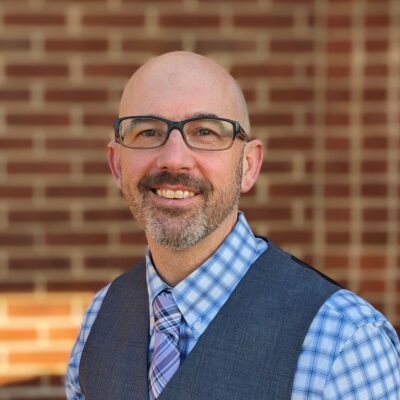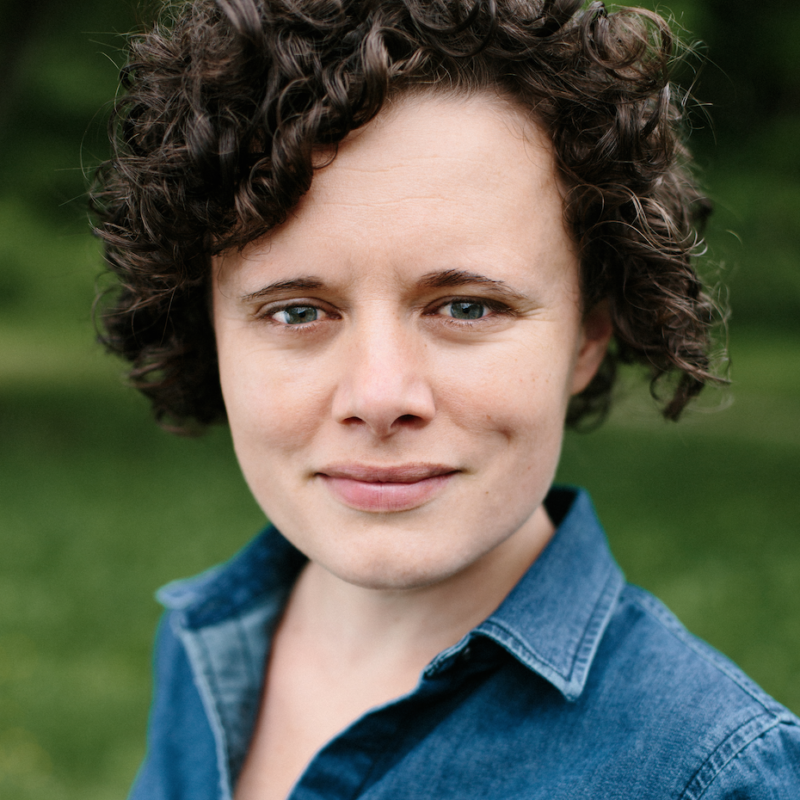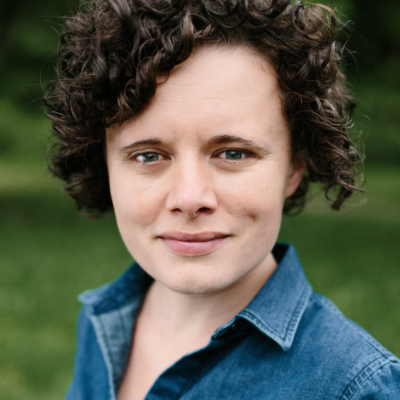Only one seat on the Board of Supervisors changed hands on November 6, but that seat could significantly shift the Board’s direction when it comes to growth policies. It potentially realigns the Board of Supervisors to a 4-2 block from what has been a 3-3 split on rural regulations that would, in part, limit property rights.
 |
In the White Hall District, Democratic challenger Ann Mallek beat incumbent Republican David Wyant by the surprisingly large margin of 600 votes, taking 56 percent of the 10,814 cast. Incumbent Lindsay Dorrier, a nominal Democrat with a voting record more in line with the Republican Board members, won by a wide margin in the Scottsville District over two independent challengers, while incumbent Republican Ken Boyd eked out the Rivanna contest, winning 52 percent with a margin of 149 votes.
With Mallek replacing Wyant, four of six members of the Board are in favor of passing a package of rural area "protections" that would limit driveway construction and building around intermittent streams in the rural area.
"It means that the Board is going to have a different majority, and the voters in White Hall want a different direction," says Mallek. "It was especially about growth, about planning for water. We’re very concerned about all the things that go along with rapid change."
 Anna Wenger, left, co-campaign manager for David Wyant, takes the news of Wyant’s defeat for the White Hall district Board of Supervisors race. |
| More election features:
PAC-men pump coins into local races Democrats retake the state Senate Challenging Dems for City Council: a fool’s errand? The race is over, let’s start the race Coloring in the constitutional races Creigh Deeds or Daffy Duck? Quoth the voter How low can you go? Video from election night The results |
"I think that the election did demonstrate a great concern in growth and a stress on infrastructure and being straightforward with the public," says Supervisor Sally Thomas, who did not face re-election this year. "These are all good things, and I’m eager to have her voice speaking up strongly on those same issues."
Sitting Supervisor David Slutzky goes even further: "I think this was a profound election. We now have, I believe, four votes on this Board that are clearly committed to protecting the environment, clearly committed to protecting the rural areas, and hopefully committed to funding the infrastructure. I think the majority of the electorate is going to be pleased with where this Board is going to go.
"I think that the likelihood is great that there’s going to be significant curtailment of development options in the rural area. It could take the form of [transferable development rights], it could take the form of downzoning, it could take the form of a curtailment of property rights through a package of actions by the Board [like the rural area protections]. We may even say you can’t build on a private road, you have to build on the public road, unless you come to us for a waiver."
If the November 7 Board of Supervisors meeting was any indication, expect more bickering between Boyd and Slutzky, particularly on property rights and rural development. Plans for an 18,000-square-foot church in the rural area were enough to spark several snippy back and forths between the two. And don’t expect Boyd to back down when Mallek is on the Board. During Boyd’s victory speech at the county GOP election night gathering at Club Rivals, Boyd told the cheering crowd, "I promise to keep doing the same things I’ve been doing, keeping your taxes low, preserving your property rights and making sure we’ve got a good Board of Supervisors."
Slutzky would like to get rural area protection measures before the Board as soon as possible. "There will be a public input process on each and every one of them, and I’m sure we’ll hear loudly from the property rights advocates, but we heard loudly from the electorate, and I’m going to predict that this Board will feel emboldened to move forward and do what we say we’re going to do instead of just talking about it."
Why did Wyant lose? It appears that the issue of growth management galvanized turnout, particularly in Wyant’s White Hall district. There, 49 percent of registered voters cast a ballot in the Board of Supervisors race, compared to roughly 43 percent in 2003, when Wyant was first elected and won by 360 votes over Eric Strucko.
"We certainly didn’t predict that kind of number," says Jim Lansing, Wyant’s campaign co-coordinator. "That’s definitely the surprise. Win or lose there, it’s terribly important to go out and vote. Maybe I’m not supposed to say that when you’re on the losing side, but it’s really a good thing."
"The fact that Ken almost lost, and that David lost in every single precinct, to me is a resounding statement from the community that they don’t agree with those guys on their approach," says Slutzky. "They do not want property rights to trump rural area protection and environmental protection and that they do not embrace property tax cuts versus funding the infrastructure we need."
 At Club Rivals, where the county Republicans held their party, State Delegate Rob Bell kept track of close races for Board of Supervisors, Commonwealth’s Attorney and sheriff. |
"Crozet and Brownsville [precincts] were the substantive numbers," says Lansing, "and obviously they’re concerned with growth and development. You have to say, even though I think taxes and fiscal issues are going to turn out over the next couple of years to be more important, growth is on their minds more than anything else."
"I brought up property tax, which I thought was the main issue, but evidently the voters felt like it was still the growth," says Wyant, who took the loss in stride. "Our strategy is like playing a game. We didn’t map the right strategy for the ball game. Colts didn’t do it right against the Patriots the other day either, did they?"
The national trend away from the Republican Party had some part, but a very small part, says Fred Hudson, chair of the county Democratic Party. "We have the President, who is near the all-time low for approval ratings, so of course it’s going to have some spillover into all races where parties are identified," says Hudson.
Hudson sees a trend of the county going Democratic. He points out that Democrat Al Weed, who challenged U.S. Representative Virgil Goode, lost Albemarle County by 300 votes in 2004, but won the county in 2006. Victories in the county by Tim Kaine for governor in 2005 and by Jim Webb for Senate in 2006 also show a bluing trend, he says.
"And now these results of this week," says Hudson. "I think you have to believe that is the numerical proof of the growing influences of the Democratic Party in this county."
 Turn-out was higher than expected at precincts across the county, which helped swing the White Hall District to Ann Mallek. |
Not so fast, says county GOP Vice Chair Christian Schoenewald: "A lot of people were looking for an answer to the question if Albemarle is a red county or a blue county. The question was not definitively answered, with those elections both close, one going red and one going blue. I think that what comes through in all of this is that people want a fiscal conservative approach to county government. Putting both Ken and Lindsay back on the Board clearly makes that point."
The party leaders disagree about the influence of new residents. Schoenewald thinks they tend to be more Democratic, but Hudson says the Republicans are getting their fair share of new voters.
"You have to arrive at the conclusion that it is a growing satisfaction with the positions of the Democratic Party and the ability of the Democratic Party to express their views," says Hudson.
Even if Albemarle goes blue in 2008, Schoenewald still thinks county voters are a conservative bunch. "Most of the people who live in Albemarle, regardless of Republican or Democrat, are fundamentally conservative people. They want to keep as much of their own money as they can, they want to raise their families, they want to go to church. This is not Berkeley, California."





